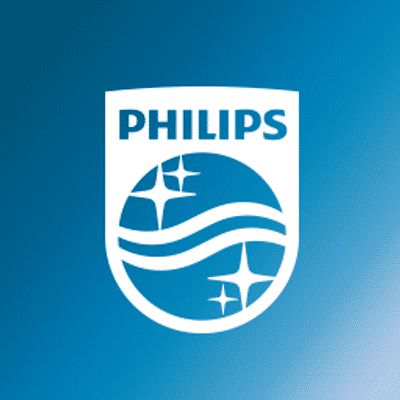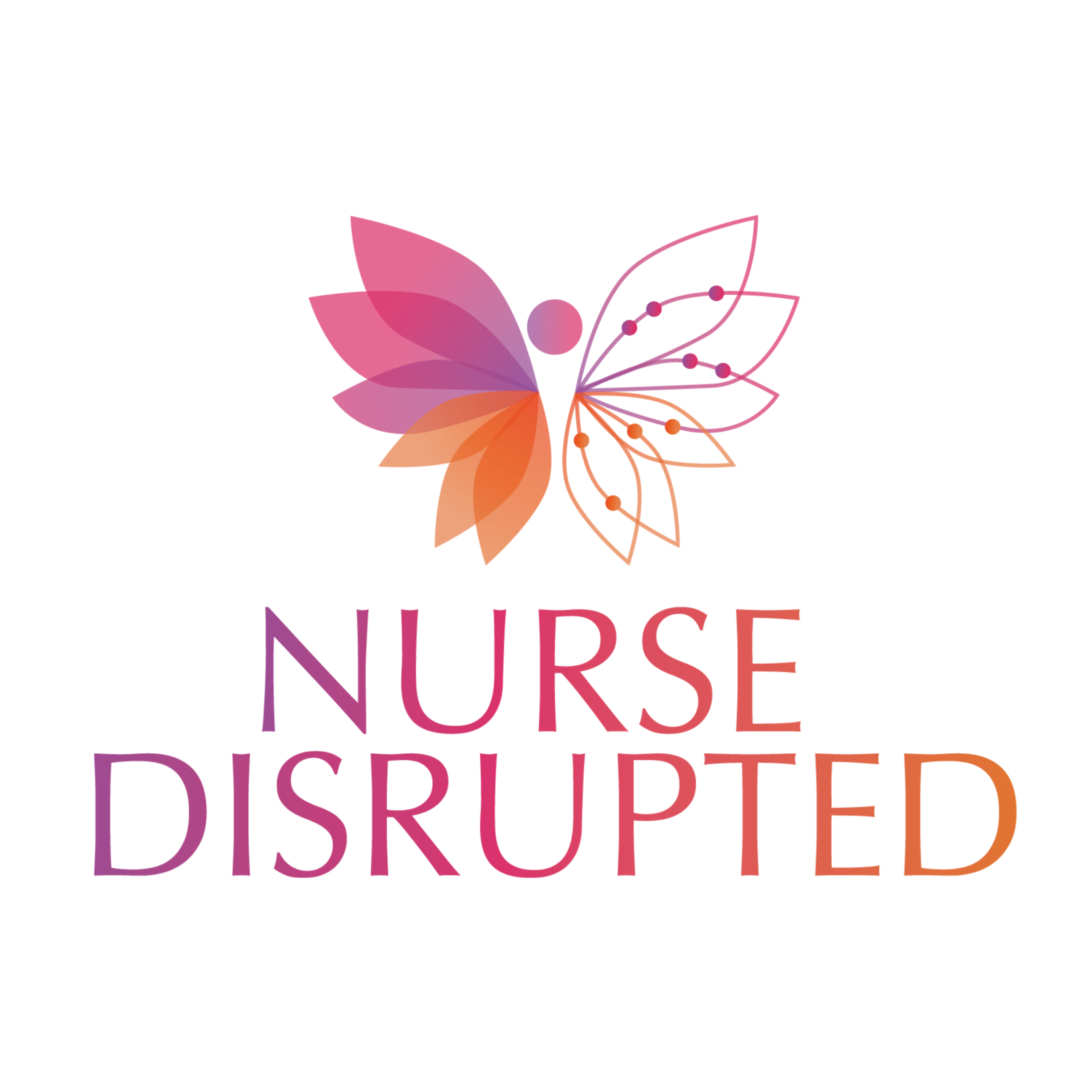Fabric’s Virtual Care Platform is a telemedicine platform that empowers providers and prioritizes patients. Our white-label virtual care solution increases access for patients and reduces 99% of provider work time. By leveraging asynchronous medical protocols, Fabric enables providers to deliver care in under two minutes, creating a better experience for both patients and providers. The Virtual Care Platform also enables providers to seamlessly transition into synchronous modes of care, including chat, video, and phone, while triaging and routing patients to in-person care when necessary.
Why Asynchronous Virtual Care?
In-person care and synchronous video-based telemedicine are valuable, but these modalities have efficiency limitations and health equity challenges. A concerted strategy shift that leverages asynchronous telemedicine is key. We’ve done the research and proven that asynchronous telemedicine can solve the biggest challenges facing healthcare:
- Staffing shortages
- Provider burnout
- Delayed and avoided care
- Consumerism
- Health equity
- Access to care
- Patient leakage
90% Adherence to Clinical Guidelines: Fabric leverages patient responses and clinical guidelines to provide efficient, accurate clinical decision support. We have a Clinical Quality Advisory Council made up of 15 healthcare leaders to establish clinical quality best practices for virtual care.
89-Second Provider Work Time: On average, our adaptive patient interviews gather the information a provider needs to make a diagnosis and treatment recommendation in just 89 seconds, compared with 18 minutes for an in-person visit. This gives providers more time to focus their time on patients with more complex needs, while still offering high-quality care for common conditions.
Patients Love the Experience: Patients receive the dual benefits of convenience and efficiency. They can access the system via any web-enabled device and complete their online adaptive interview in a fraction of the time taken by an in-person visit. On average, patients using asynchronous care wait 6:29 minutes for a diagnosis, spend $25 per visit, and rate us at 64 for NPS.
Drive Patient Acquisition and Revenue: 40% of Fabric’s virtual visits are net new patients for our customers. Those patients are 276% more likely to convert to a health system patient, and the average first-year revenue for each new patient is $2,900. With the lifetime value of a patient expected to exceed a million dollars, a solid digital strategy is a significant competitive advantage – meanwhile, a lack of one poses a threat to organizations.
In-Depth Reporting and Analytics: Our clients capture significant structured data through the online adaptive interview. Using our HIPAA-compliant Fabric Analytics reporting tool, health systems can follow trends related to conditions treated, visit timing, guideline adherence, and triaged patients.
































